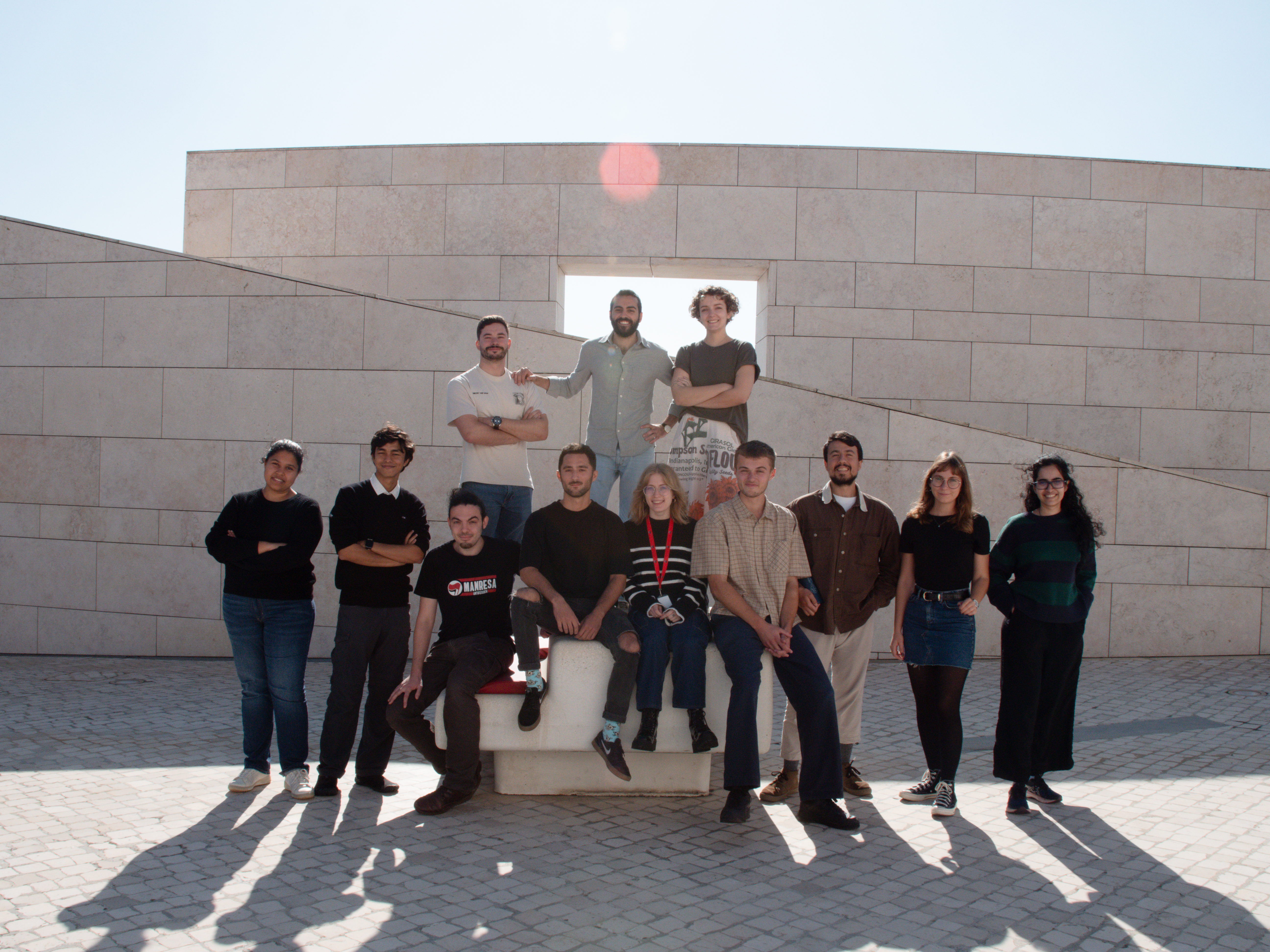09 December 2024
Psychedelic substances like psilocybin (found in magic mushrooms), MDMA (commonly known as ecstasy), LSD (commonly known as acid), and ayahuasca have shown potential in treating conditions such as depression, post-traumatic stress disorder (PTSD), and addiction. These substances can induce profound psychological experiences that, when paired with psychotherapy — a form of talk therapy — have been proposed to lead to significant therapeutic benefits.
25 November 2024
Key brain circuit for female sexual rejection uncovered
Female mammals, such as rodents, accept mating attempts only during their fertile phase, and actively reject males outside this period. While the brain areas controlling sexual receptivity are well-studied, the mechanisms behind active rejection are less so.
18 November 2024
How Tiny Fish Reveal Big Insights into Behaviour
The reasons why one animal chooses one path over another, or behaves differently from others, can often seem enigmatic. But a team led by Claire Wyart’s group at the Paris Brain Institute (ICM), in collaboration with Michael Orger’s lab at the Champalimaud Foundation (CF), has shed light on these differences, revealing the dynamic relationship between an animal’s internal states and its surroundings.
18 November 2024
Parkinson’s paradox: when more dopamine means more tremor
Parkinson's disease (PD) is a progressive neurological disorder known for its characteristic motor symptoms: tremor, rigidity, and slowness of movement. Among these, rest tremor—a shaking that occurs when muscles are relaxed—is one of the most recognisable yet least understood.
Champalimaud Open Seminar: Gonzalo de Polavieja and Mireia Castillo-Martin
Date and time:
18 November 2024 – 12:00
Location:
Champalimaud Foundation Auditorium
Description:
The Roles of AI in Scientific Discovery: Our Experience Studying Collective Behavio
Gonzalo de Polavieja (Mathematics of Behavior and Intelligence Lab)
Molecular Characterization of Cancer by Spatial Pathology
Mireia Castillo-Martin (Molecular and Experimental Pathology Lab)
Moderator: Ana Luísa Correia (Cancer Dormancy and Immunity Lab)

